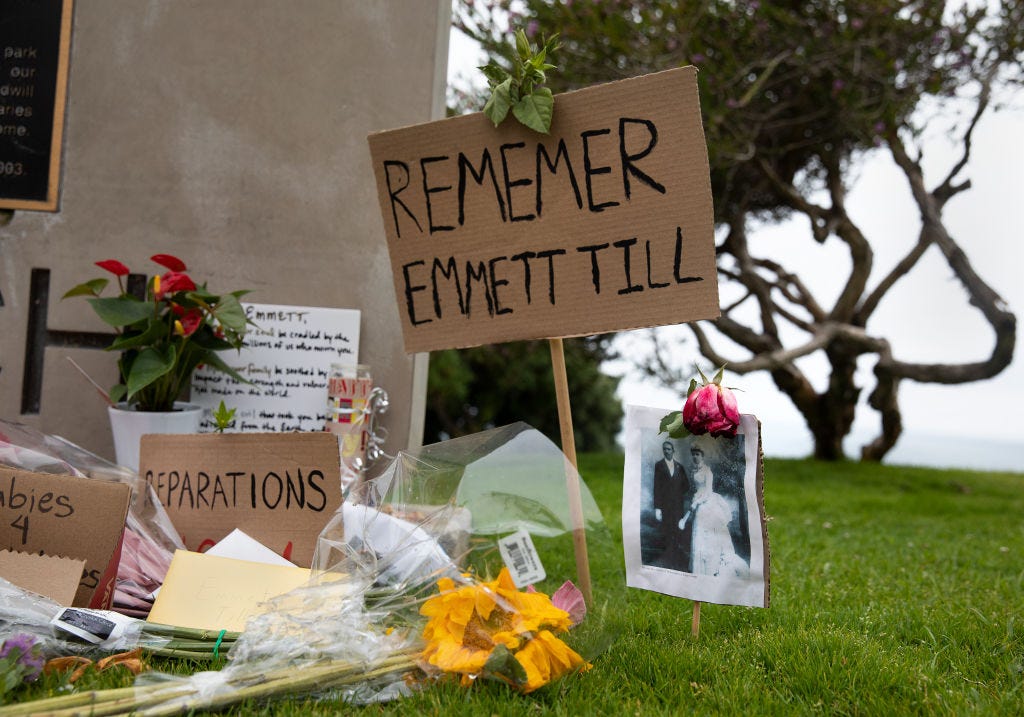Malcolm Gladwell’s ideas, rural America’s fortunes, restarting Three Mile Island
Wrapping up the week for September 29, 2024
Happy Sunday!
First of all, hot off the presses in The New York Times Book Review is Anand’s take on Malcolm Gladwell’s new book, which he describes as a brand extension of his old book. Check that out here.




